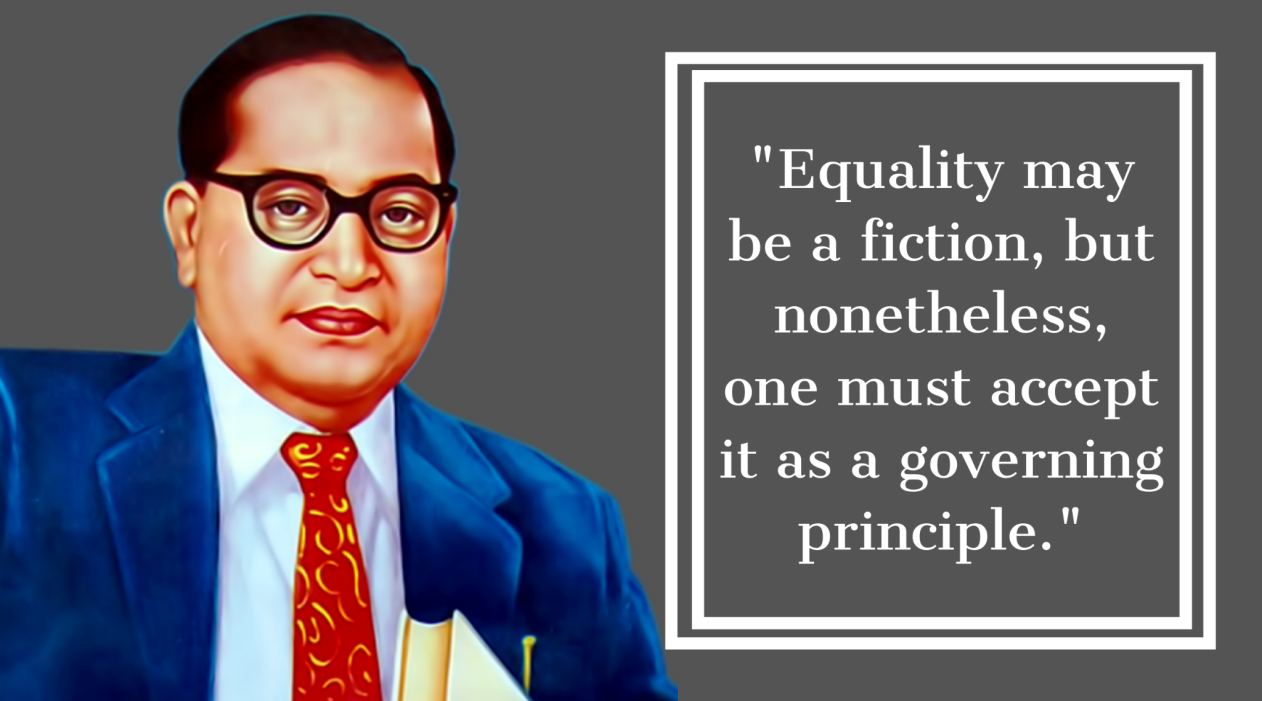Description

Copyright infringement not intended
In News
- The Union Government is planning to constitute a National commission to study the social, economic and educational status of members of Scheduled Castes, or Dalits, who converted to religions other than Hinduism, Buddhism and Sikhism.
Details
- Recently several petitions were filed before the Supreme Court related to SC to reservation benefits for Dalits who converted to Christianity or Islam.
- The Constitution (Scheduled Castes) Order, 1950, under Article 341 of the Indian constitution mentioned that no person professing a religion different from Hinduism, Sikhism or Buddhism can be supposed to be a member of a Scheduled Caste.
- The order was amended in 1956 to include Sikhs, and in 1990 to cover Buddhists.
- The proposed commission will also study the impact of adding more members to the current SC list.
- According to some activists, “a person can’t be punished or deprived of benefits only based on his/her faith, as this would violate the Right to freedom of religion, which is a fundamental right under the Indian constitution.

Constitutional Articles related to Freedom of Religion
- Article 25 says that all persons are equally entitled to freedom of conscience and the right to freely profess, practice and propagate religion.
- Freedom of conscience: Inner freedom of an individual to frame his relation with God or Creatures in whatever way he desires.
- Right to Profess Declaration of one’s religious beliefs and faith openly and freely.
- Right to Practice: Performance of religious worship, rituals, ceremonies and exhibition of beliefs and ideas.
- Right to Propagate: Transmission and promotion of one’s religious beliefs to others. But, it does not include a right to convert another person to one’s religion.
- Article 25 covers religious beliefs and also religious practices (rituals).
- Article 26: Freedom to Manage Religious Affairs, every religious denomination or any of its sections shall have the following rights:
- Right to establish and maintain institutions for religious and charitable purposes.
- Right to manage its affairs in matters of religion.
- Right to own and acquire movable and immovable property.
- Right to administer such property under the law.
- Article 27 - Freedom from Taxation for Promotion of a Religion
- No person shall be forced to pay any taxes for the promotion or maintenance of any particular religion or religious denomination.
- The State should not spend the public money collected by way of tax for the promotion or maintenance of any particular religion.
- This provision prohibits the State from favouring and supporting one religion over the other. This also means that taxes can be used for the promotion or maintenance of all religions.
- This provision prohibits only the levy of a tax and not a fee.
- Article 28 - Freedom from Attending Religious Instruction
- No religious instruction shall be provided in any educational institution wholly maintained out of State funds.
- No person attending any educational institution recognised by the State or receiving aid out of State funds shall be required to attend any religious instruction or worship in that institution without his consent.
- Article 29 - Protection of Interests of Minorities
- It provides that any section of the citizens residing in any part of India having a distinct language, script or culture of its own, shall have the right to conserve the same.
- No citizen shall be denied admission into any educational institution maintained by the State or receiving aid out of State funds on grounds only of religion, race, caste, or language.
- These rights are subject to public order, morality, health and other provisions relating to fundamental rights.
- The State is permitted to regulate or restrict any economic, financial, political or other secular activity associated with religious practice.
Way Forward
- There is no religion-specific mandate for STs and OBCs. According to the Department of Personnel and Training website “The rights of a person belonging to a Scheduled Tribe are independent of his/her religious faith,”
- In 2007, the Ranganath Misra Commission in its report recommended that SC status be completely delinked from religion and be made religion-neutral like STs.
- A study commissioned by the National Commission for Minorities in 2007 concluded that Dalit Christians and Dalit Muslims need to be accorded SC status.
- Any decision in future to change the status of these groups must be taken after due consideration of all the relevant factors, consulting with all stakeholders and must be based on ground-level studies.
https://indianexpress.com/article/india/quotas-govt-to-set-up-panel-to-study-status-of-scheduled-castes-converts-to-christianity-and-islam-8159037/
https://t.me/+hJqMV1O0se03Njk9













